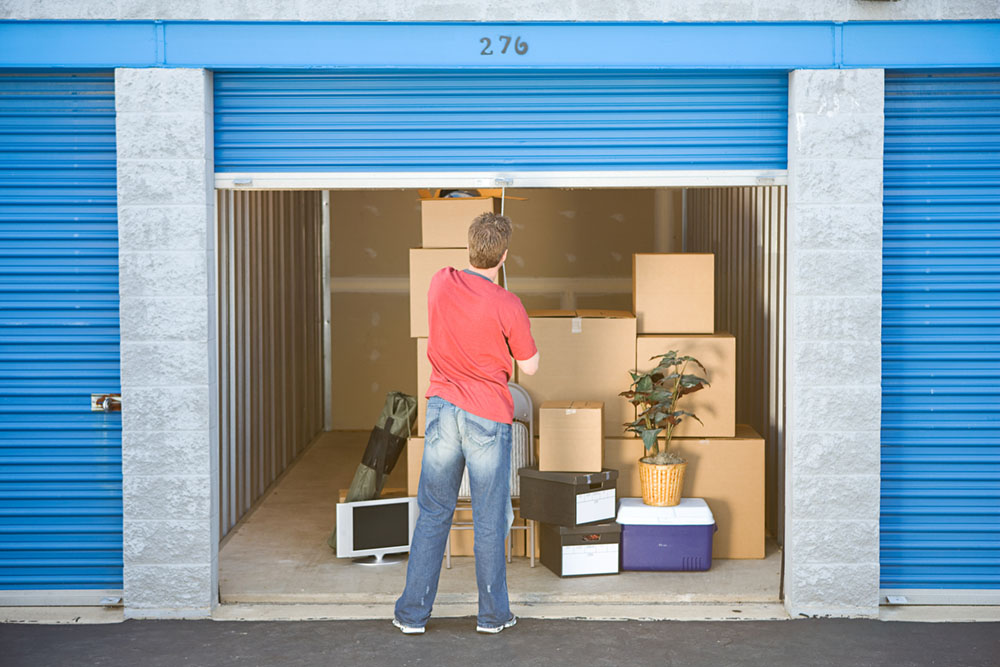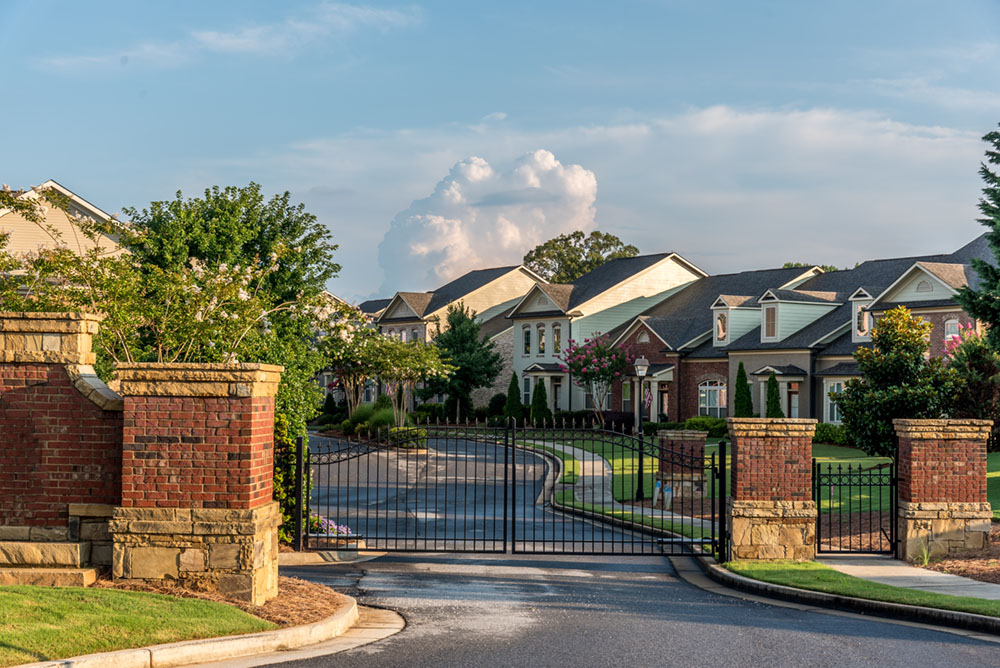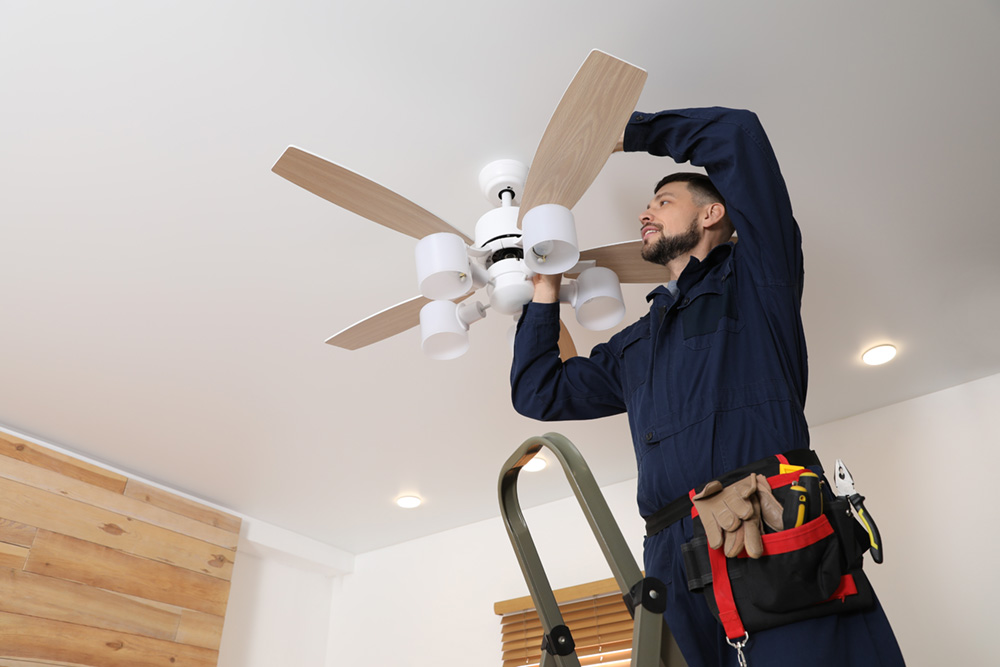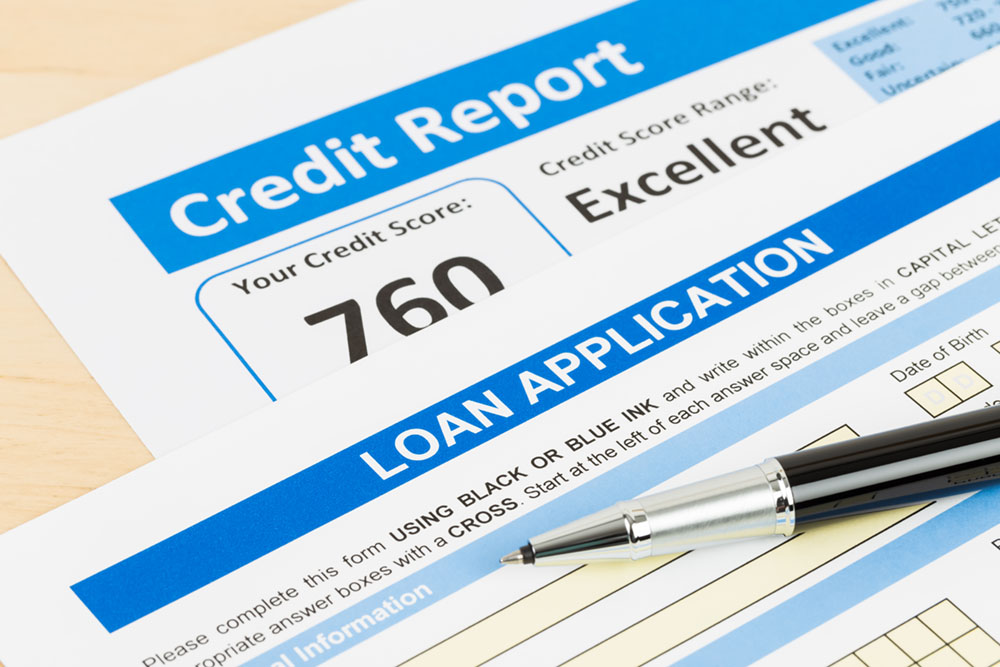Choosing the Perfect Summer Moving Date
 Moving can be both exciting and stressful, especially during the summer season when the heat is on. One crucial factor to consider when planning your move is choosing the perfect moving date. This can become a real balancing act between personal preferences, practical considerations, and local circumstances. By staying organized, planning ahead, and keeping a positive mindset throughout the process, you can make your summer move a breeze. Let’s take a look at what you need to know to make your move a success.
Moving can be both exciting and stressful, especially during the summer season when the heat is on. One crucial factor to consider when planning your move is choosing the perfect moving date. This can become a real balancing act between personal preferences, practical considerations, and local circumstances. By staying organized, planning ahead, and keeping a positive mindset throughout the process, you can make your summer move a breeze. Let’s take a look at what you need to know to make your move a success.
Evaluate local weather conditions
Take a moment to research the typical weather patterns in your area during the summer. Look for days with cooler temperatures and lower humidity levels to make your moving experience more comfortable.
Avoid peak moving season
Summer is the busiest time for moving, with families and students relocating before school starts. To avoid the rush, consider moving during the early or late summer months when demand is lower. It will also be easier for you to find the Residential Packing Materials you’ll need.
Weekday vs. weekend
Weekends are generally more convenient for many people due to work and other commitments. However, moving companies tend to be busier during weekends. If possible, opt for a weekday move to potentially secure better availability and rates.
Coordinate with your lease or closing date
If you’re renting, then check your lease agreement for any restrictions on moving dates. Homeowners should consider coordinating their move with the closing date to minimize complications and ensure a smooth transition.
Plan around holidays and events
Avoid moving during major holidays like Independence Day or Labor Day, as these times are popular for family gatherings and festivities. Additionally, steer clear of local events that could cause road closures or heavy traffic in your area.
Consider mid-month
The beginning and end of the month tend to be busier due to lease agreements expiring and new ones starting. Opting for a mid-month move can provide more flexibility and availability.
School schedules
If you have children, plan your move around their school schedule to minimize disruptions. Moving during summer break ensures they won’t miss classes. This allows for a smoother transition to a new school if necessary.
Check moving company availability
Contact home movers well in advance to inquire about their availability. Secure their services early to avoid disappointment. Reputable companies tend to book up quickly during the summer months so act fast. Make sure as well to secure storage units from mini storage unit rental services.
Think about seasonal discounts
Some moving companies offer off-peak discounts during the summer. Take advantage of these cost-saving opportunities by scheduling your move on less popular dates or times.
Be mindful of heat and humidity
Summer can be scorching, so prioritize the comfort and safety of yourself and your belongings. Schedule your move during cooler hours, such as early morning or late afternoon, to avoid the peak heat of the day.
Flexibility is key
Lastly, if you have the flexibility to choose from multiple dates, then it’s wise to have backup options. Sometimes unforeseen circumstances may arise, such as extreme weather conditions or unexpected delays, which may require rescheduling.










 Welcome to the sunny season of summer! With the warm weather upon us, many potential buyers will be touring homes to find their dream abode. To ensure your home shines during summer showings, it’s crucial to keep it comfortable and inviting. Here are some tips to help you create a welcoming atmosphere for potential buyers.
Welcome to the sunny season of summer! With the warm weather upon us, many potential buyers will be touring homes to find their dream abode. To ensure your home shines during summer showings, it’s crucial to keep it comfortable and inviting. Here are some tips to help you create a welcoming atmosphere for potential buyers.



 Catch Our Feed
Catch Our Feed Subscribe via Email
Subscribe via Email Follow Our Tweets
Follow Our Tweets Friend Us On Facebook
Friend Us On Facebook Watch Us On Youtube
Watch Us On Youtube